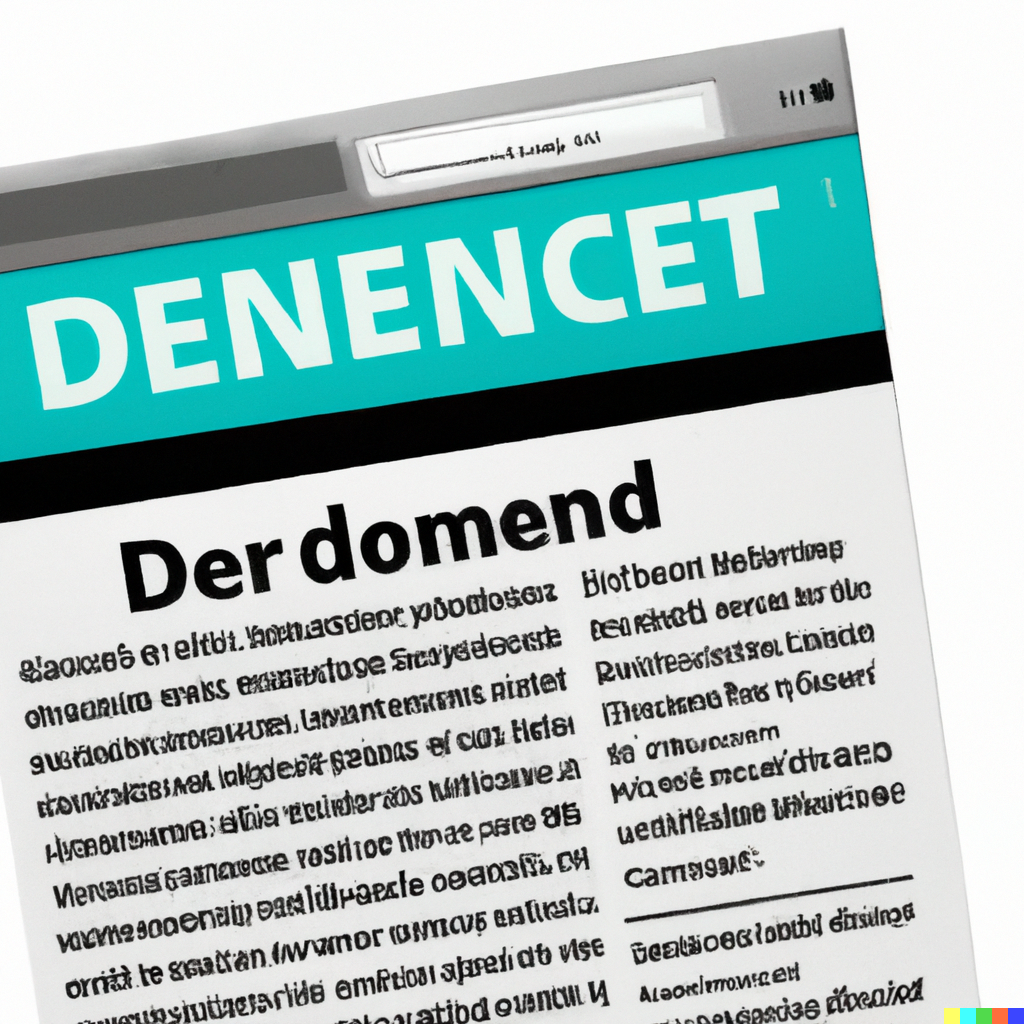Artificial Intelligence and Scholarly Communication

Image generated by DALL-E in response to the prompt “webpage demanding money in order to read journal article”
Topics will include:
- Effect of AI-generated “hallucinations” on scholarly communication
- Copyright for AI-generated works
- Publisher policies regarding authors’ use of AI tools
- AI tools for scholarly research/publishing
Assignments for July 10:
- Finalize presentations for July 10.
Readings (etc.) for July 10:
Read Sections 1-3 (pp. 1-14) and Section 6 (pp. 22-31) only: Wang, L. L., Cachola, I., Bragg, J., Cheng, E. Y.-Y., Haupt, C., Latzke, M., Kuehl, B., van Zuylen, M., Wagner, L., & Weld, D. S. (2021). Improving the accessibility of scientific documents: Current state, user needs, and a system solution to enhance scientific PDF accessibility for blind and low vision users. arXiv.
Sang, K. (2017, August 31). Without accessible conferences, we lose the voices of disabled academics. The Guardian.
Read “Scholarly conferences after Covid-19” section only (pp. 3-5): Cirasella, J. (2021). Scholarly conferences after Covid-19: Buck convention, and the convention center [part of JLSC Board Editorial 2021]. Journal of Librarianship and Scholarly Communication, 9(1), Article 1, pp. 3-5.
ACRL Science and Technology Section. (2023, May 1). Developing inclusive identity practices in academic publishing and beyond [Video]. YouTube.


